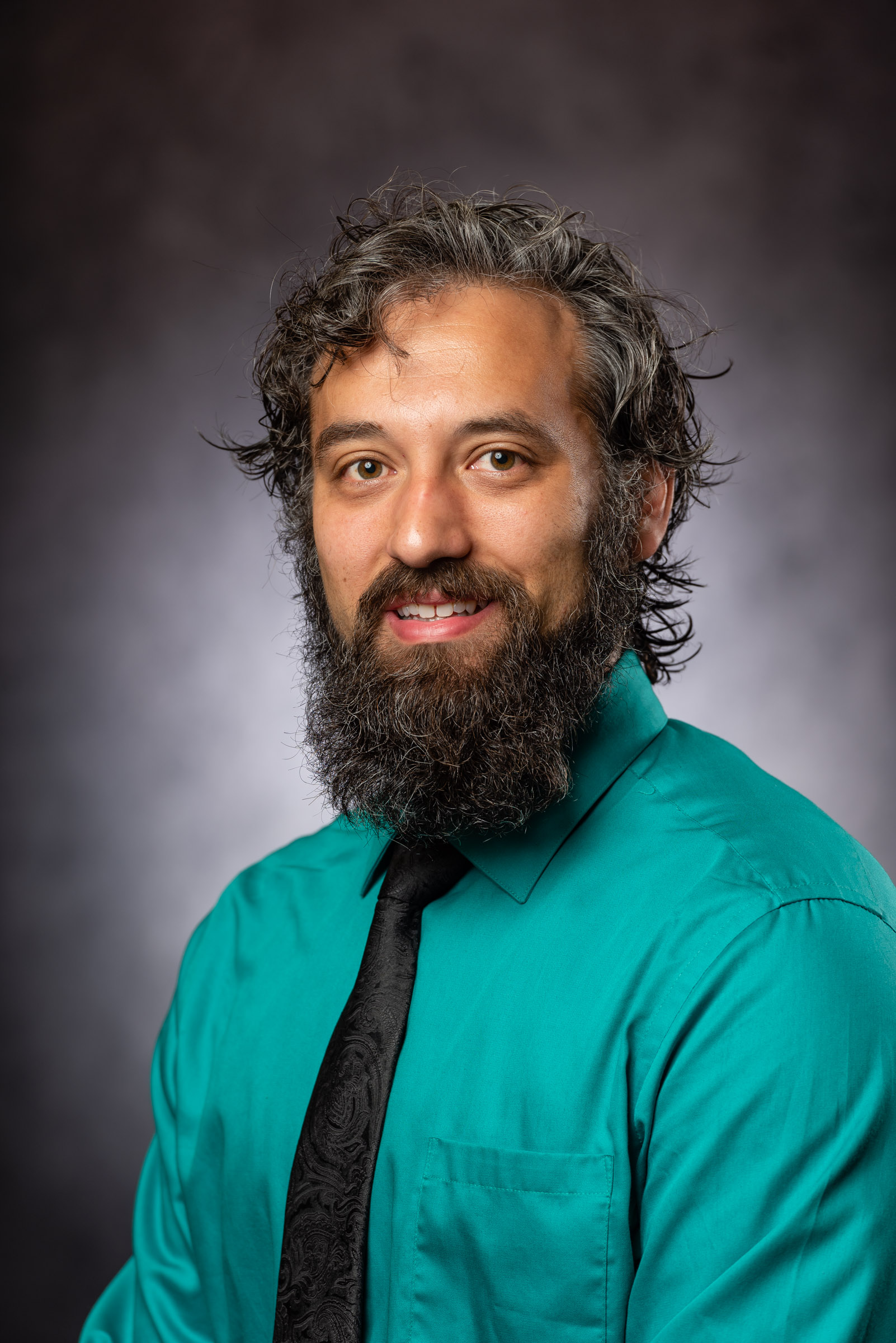Andrew Petzold, PhD achieves Tenure at University of Minnesota Rochester
Authored By: dies0044 06/01/2021 The ability to conduct research has always been at the forefront of Andrew Petzold’s mind, but not in the traditional sense of research. He appreciates the opportunity for research on student learning and development.
The ability to conduct research has always been at the forefront of Andrew Petzold’s mind, but not in the traditional sense of research. He appreciates the opportunity for research on student learning and development.
Dr. Petzold is a faculty member of the Center for Learning Innovation at the University of Minnesota Rochester (UMR) where he teaches courses in Biology including Anatomy and Physiology and Immunology.
“UMR allowed me to do research in things I became interested in while doing outreach during graduate school, specifically science communication.”
And that is where the epicenter of his research lies, focusing on better understanding how to best prepare students to communicate their scientific knowledge with others. That knowledge often falls in two different points of view: How students can effectively communicate what they’ve learned inside the classroom and how their personal point of view and past lived experiences allow them to communicate their understanding of the content.
Dr. Petzold is grateful for the opportunities he has had for cross disciplinary research and acknowledges that this is not a common experience among most institutions. “It's not often that a biologist and a medical historian will be talking to each other about something and sharing the same gripes that then leads to a line of research.” For Dr. Petzold, it can be odd to contrast how UMR's team teaching and group work model is considered cutting edge at other institutions because it is something UMR has always done. UMR has provided space for him to look at things from different lenses and learn more about student learning.
Andrew Petzold holds a unique perspective at UMR. He started his career as a student-based faculty member and moved into a tenure track position reaching tenure in 2021. Although his end goal was always to achieve tenure, he has been able to use elements from each of his roles to appreciate the deep relationships he builds with students. The global pandemic further solidified his joy in the interactions he has with students. Dr. Petzold especially enjoys the moment when a student truly grasps a concept they have been working on. These “light switch moments” are a direct result of intentional relationship building and taking the time to dig deeper. Although these educational moments are important to Dr. Petzold, helping to guide a student's learning shouldn’t become a molding exercise. “Students must figure out their own roles and see the world for themselves. I can help them do that, but I shouldn’t be so much of an influence that I have molded them one way or another. I hope that if they look back on their time in my class, they have at least learned something about themselves, the topics they have covered or how they interact with science, knowledge and the world at large.”